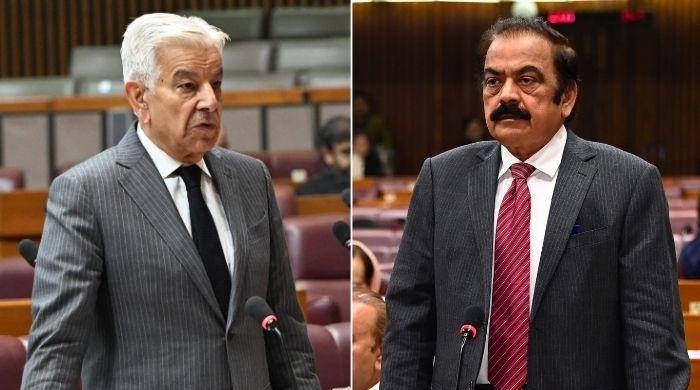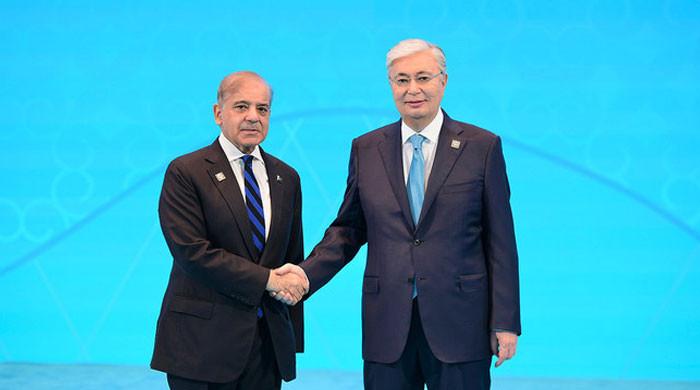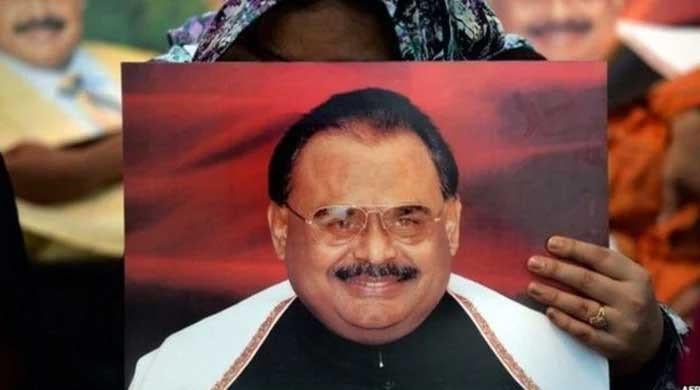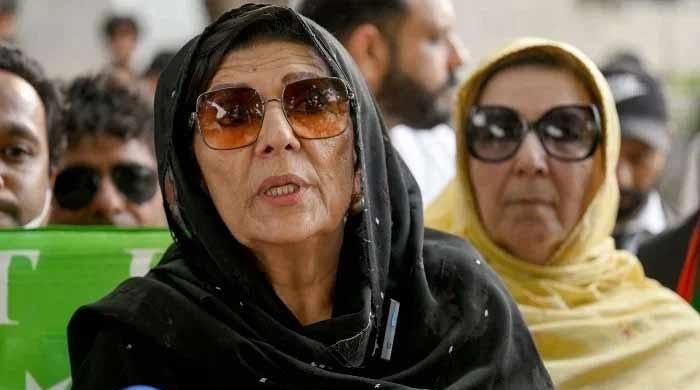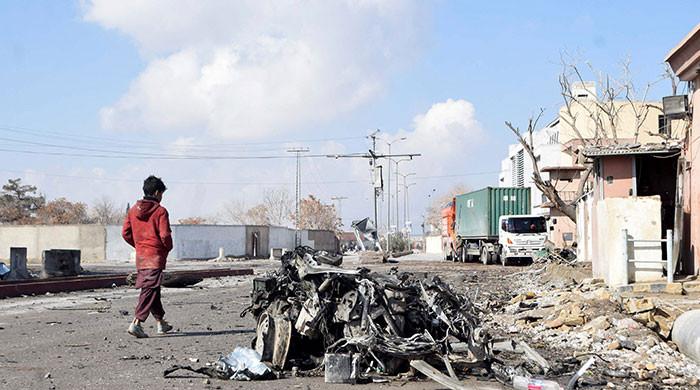Hussain Haqqani slams Pakistan officials for ‘failed policies’
He rejected Sartaj Aziz's claims that a former Pakistani ambassador to the US is ‘lobbying against his own country’
June 22, 2016
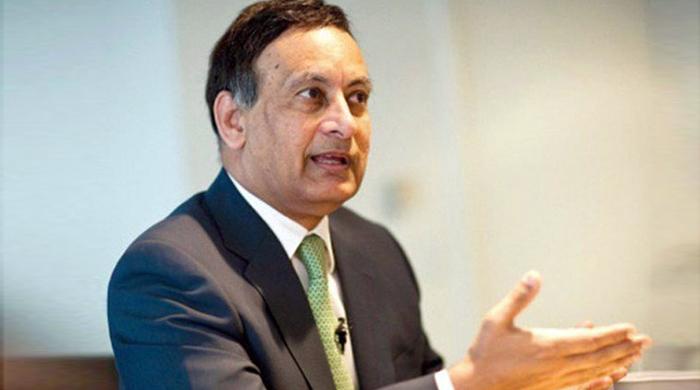
WASHINGTON: Pakistan’s former ambassador to the United States, Husain Haqqani, said on Tuesday that officials in Islamabad should take responsibility for their failed policies instead of looking for scapegoats.
Rejecting the claims made by Advisor to Prime Minister on Foreign Affairs Sartaj Aziz that a former Pakistani ambassador to the United States (US) is ‘lobbying against his own country’ and ‘creating hurdles for the government,’ Haqqani said he knew Aziz was speaking about him because another minister had attacked him by name with similar claims.
“I am now a scholar in the US, not a lobbyist,” Haqqani said, adding, “If my opinions as a scholar carry so much weight that US policy is being affected by them then the Pakistan Foreign Ministry should try to influence my opinions rather than treating me like a pariah and making false allegations against me in the Pakistani media.”
“I have written three scholarly books on Pakistan published internationally criticizing policies that I believe damage Pakistan’s interests,” Haqqani said.
“Others, including Mr Sartaj Aziz, are welcome to write books that disprove my arguments but to say that my opinions are creating hurdles in the conduct of their failed policies is disingenuous at best.”
Haqqani said he was not engaged in lobbying and would never lobby against what “I consider to be the interest of Pakistan.” He however insisted that he is entitled to having a different opinion about what is Pakistan’s interest than the entrenched Pakistani establishment and if that troubles some people, so be it.
Haqqani advised the advisor incharge of the Pakistan Foreign Office to understand that making noise in Islamabad about a scholar in Washington would not change things in Washington.
“I have great respect for Mr Sartaj Aziz as a development economist and would like him to extend the same courtesy to me as a Professor of International Relations,” he added.




